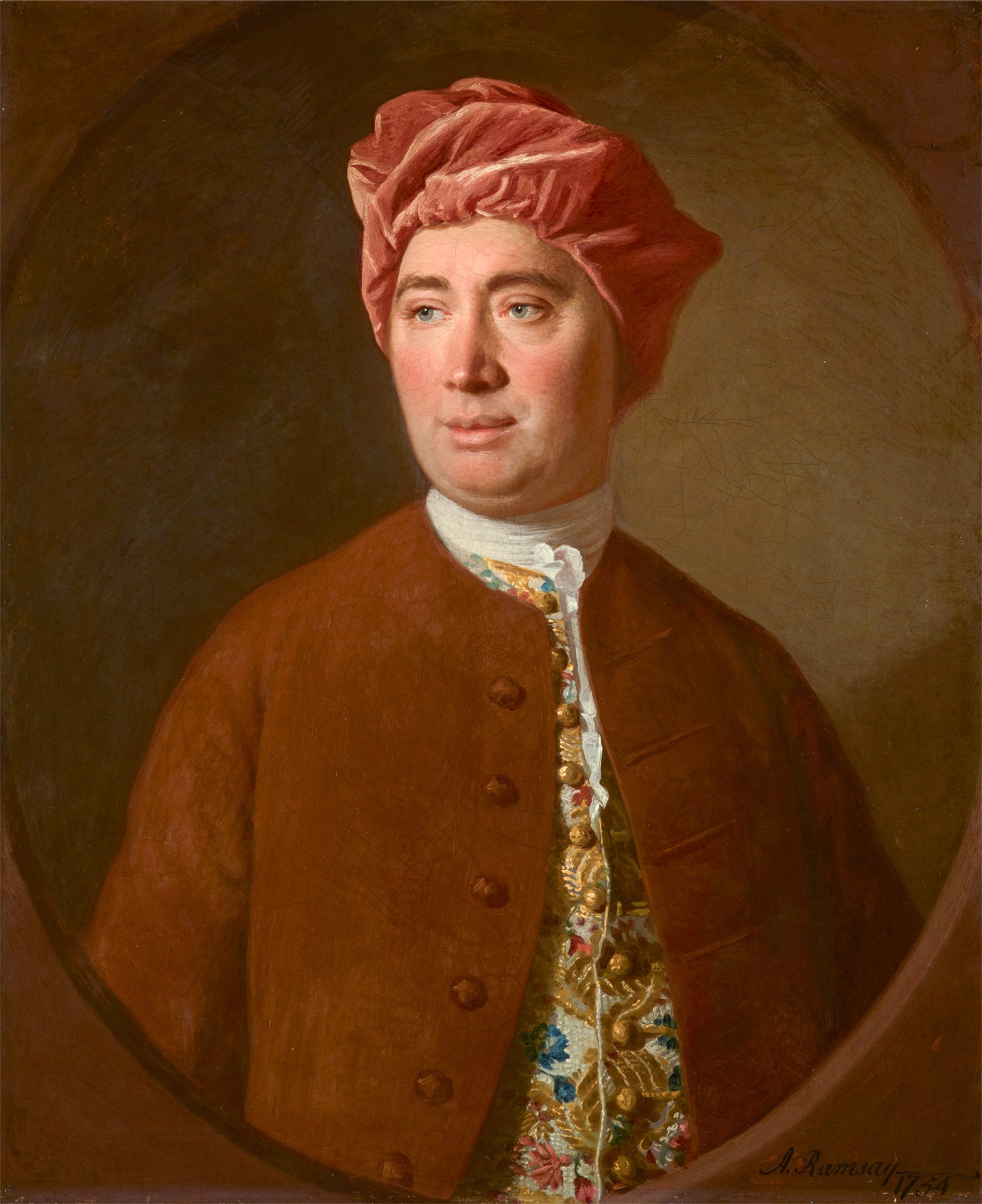TECHNICAL TALK
Education in Failure Analysis (and Life)
Debbie Aliya – Aliya Analytical Inc.
For those of us who would like to gain high-level competence in any profession, it’s critical to explore many of the branches of the tree of knowledge (Fig. 1). If you are helping others solve technical problems, deep knowledge in the advertised subject matter is required. Communication skills serve as one example of a crucial additional area of required expertise.
In any field, prior to competence, we will reach a point where we know enough to be dangerous. There is one key discipline that can help warn us that we are in this danger zone. This important field of study is epistemology. I like to say it’s about knowing HOW we know what we think we know. Others call it “Theory of Knowledge.” It includes having some idea that there are things we don’t know and maybe what types of things we don’t know.
Most of us acquire the majority of our knowledge from other humans or the writings (or videos and podcasts) they produced. We learn from “authorities.” Starting from a young age, our parents or guardians are the authorities. We go on to learn from teachers. If we go to college or university, we learn from professors. If we’re lucky, we find mentors.

Fig. 1. Tree of knowledge
In engineering school, we have laboratory classes so that we can also learn from our own experience. Is the iron crystal structure really cubic? We might be given a chance to perform X-ray diffraction in a lab and be required to work out the angles between the planes of the crystal from the dot patterns on an X-ray detector.
The best teaching uses both “revealed knowledge” provided by authorities in their areas of expertise and direct experience so that we can “see for ourselves.” Who would want to pay to eat a student-chef’s first meal?
Real education includes the use of theory and practice together, with each either bolstering or reducing our confidence in the other based on the agreement, or lack thereof, between the two types of knowledge gleaned. Real education encourages us to ask questions. Getting in the habit of asking good questions helps us understand when to apply which bit of theoretical knowledge.
Having reliable, fact-based knowledge from both authority and personal experience is one aspect of the skillful intellect. Another is critical thinking or, loosely, how we use the knowledge we have. If we use the equation for turbulent flow when we have laminar flow, our answer will be wrong. We might say that critical thinking is the process of selecting the most appropriate and useful boundary conditions for the situation at hand.
Many sources say critical thinking refers to logical or “unemotional” thinking. These are both incorrect definitions. Logic always assumes its premises are correct. There’s no formal way within logic itself to correct incorrect starting points, except when you run slam-bang into a wall that is recognizably distasteful to the one using the train of logic.
According to the great Scottish philosopher David Hume (Fig. 2), even what most people consider to be the highly objective skill of reasoning, it turns out, is not objective at all. Reasoning is about giving your “reasons.” If we take our reason for eating, for example, it’s to allay our hunger, maintain our health, enjoy a sensory experience or to enhance socialization. The vast majority of people in the course of history have eaten because they were hungry. The vast majority of humans have taken action to minimize the chances of their going hungry. Feeling hunger, or craving the taste of chocolate or the crunch and saltiness of some chips (sensations), leads to a desire (an emotion) to eat. Emotions drive actions. Logic and reason are not the primary drivers of actions.

Fig. 2. Scottish philosopher David Hume
Hume famously wrote, “Reason is ... slave to the passions.”
Now that we have cleared up some common misconceptions, how do we know whether we really know what we think we know? At the simplest level at our earliest stages of gaining self-consciousness, we know when we want to have inputs to and outputs from our body: food, drink, air, wastes, heat, etc.
Most people will intimately know the basic feeling of rising hunger or thirst, feeling too hot or cold, etc. Yet it is very challenging to extend these physical experiences common to all humans to a wider range of things that we might (or might never) have the chance and choice to know. Knowledge about the outer world lacks the automatic feedback that the body enjoys or suffers from.
How do you know that what you think is correct really IS correct? It is very difficult for most people to face this question. We know B because we learned A, and then we are led onward to C, D, etc. To a large degree, our personal experiences determine what we know. And if we think we know it, we act like we know it until we encounter an obstacle. Even then, we usually attempt to find all kinds of workarounds rather than giving up our belief in the fact base we have taken so long to master.
Debbie Aliya, FASM
Aliya Analytical Inc., Grand Rapids, Mich.
Debbie Aliya is the owner and president of Aliya Analytical, Inc. in Grand Rapids, Mich., and specializes in failure analysis and prevention. She has a BS in Metallurgy and Materials Science from Carnegie Mellon University and an MS in Materials Science and Engineering from Northwestern University. She is also a member of ASM and SAE.
Artwork provided by the author

